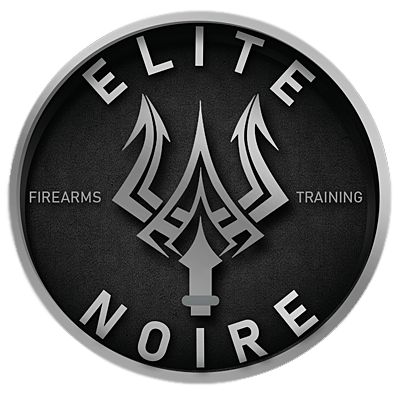Police Brutality: Kiss Your Video Content Goodbye!

Supreme Court Refuses To Protect First Amendment Right To Film Police Brutality
Date: January 11, 2022In November of 2021, the Supreme Court put its blessing on Denver police officers' suppression of the first amendment rights of a witness who recorded them punching and piling onto a man. When he witnessed the brutal scene unfolding in August of 2014, Levi Frasier whipped out his tablet and started filming. After the officers were done restraining the uncooperative man, Officer Christopher Evans walked up to Frasier and said, “Well, we can do this the easy way or we can do this the hard way,” gesturing to the backseat of a police car. Next, the officers surrounded Frasier and grabbed his tablet, which they unsuccessfully searched for the footage. The search was illegal, violating Frasier’s fourth amendment rights, but officers know that the courts defer to their version of events and illegal searches can easily be explained away.
Frasier sued the Denver Police Department for violating his first and fourth amendment rights, and the lawsuit was well received in the local federal court, which let it go forward based on the retaliation claim. The officers objected to this decision based on qualified immunity, so the lawsuit went to the tenth circuit. This was a momentous lawsuit; every major civil rights organization submitted amicus briefs, beseeching the circuit court to affirm the right to film police, but it threw out his lawsuit and granted the officers’ qualified immunity.
In its decision, the tenth circuit declined to rule on whether the right to film police is “clearly established,” effectively undercutting the Denver Police own training materials as “irrelevant” and separating Colorado, Kansas, New Mexico, Oklahoma, Utah and Wyoming from the other states, such as California, Florida, Illinois, and Texas, all of which have held that the right to film police is “clearly established.”
Frasier took his claim to the U.S. Supreme Court, but it declined to hear the case, leaving the right in suspended animation and dealing a blow to the most dangerous threat to police power in the last forty years: viral videos. In case after case, officers have gone to jail after videos exposed lies by officers like Michael Slager who shot Walter Scott in South Carolina, as well as cover-ups like when Jason Van Dyke shot Laquan McDonald in Chicago. Cases like that are not the rule, but the accountability system is supposed to work in exactly these sorts of exceptional cases.
People’s eyes glaze over when they try to understand the details of court cases that impact their Constitutional rights, but one group that pays close attention is the police, particularly the unions and the brass. In cases where a department must pay large settlements or when an officer is put in prison, for example, police leaders watch closely. By declining to intervene, the Supreme Court sends the message that this right will not be “clearly recognized” by the nation’s courts when an officer feels like retaliating against a person filming them.
Ironically, in an era when police departments like Denver have faithfully instructed their officers to respect citizens that film them doing their job, the Supreme Court has given notice that it might undermine the right wherever the next lawsuit arises.
Next time you consider filming police misconduct or brutality, you better be aware of how the courts in the area view your right not to face retaliation.
![]() Sign up
Sign up
So we can send you updates and critical alerts regarding Training, Events, Education and 2A News.











